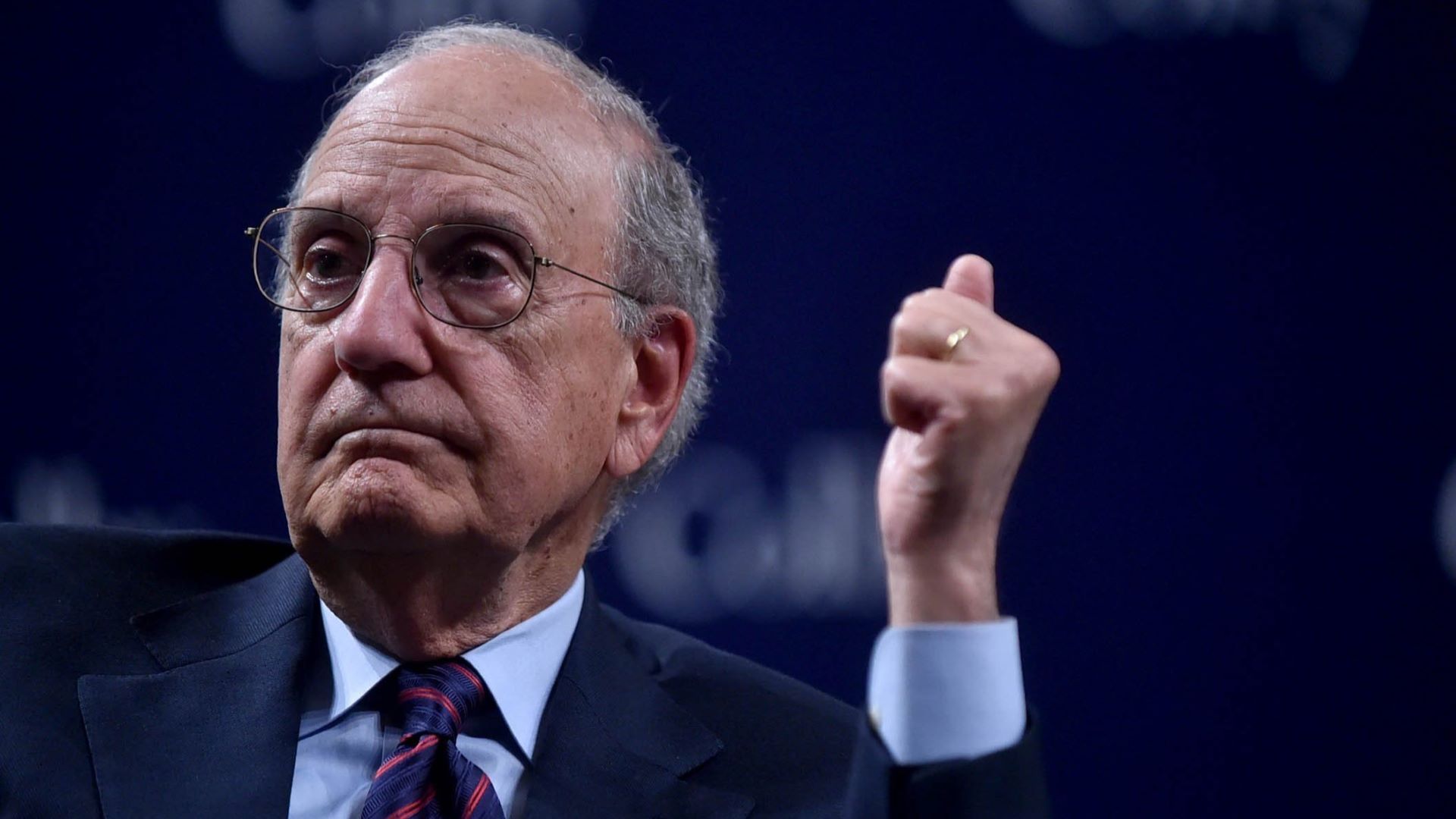It’s been three years since George Mitchell was diagnosed with leukemia.
Mitchell, the former Senate Majority Leader from Maine, was out of the public eye throughout the pandemic, but rallied to fly across the Atlantic and make a dramatic appearance in Belfast, Northern Ireland, marking the 25th anniversary of the Good Friday Agreement he played such a large role in bringing about.
On Monday morning, Mitchell will provide the keynote address at “Agreement Twenty Five,” a three-day event at Queen’s University in Belfast, where he was chancellor from 1999-2009.
It was a largely ceremonial role but one symbolizing the gratitude among all sides for the end of “The Troubles,” three decades of sectarian killings and maimings by Protestant and Catholic paramilitaries — Unionists and Republicans – that left 3,500 dead and seriously injured 50,000.
Though tensions continue, the “troubles” have largely ended. As Mitchell noted in a phone interview, over the past quarter-century only 155 security-related killings have been recorded — “a fact that isn’t mentioned often enough,” he said. “An entire generation is growing up without that experience of daily violence.”
Mitchell is now 89 and his illness saps his energy. At the outset of the interview he seemed hesitant, but his voice soon regained its old confidence and he spoke precisely about the message he intends to deliver to the star-studded assembly; he was still polishing his remarks.
If he’d been unable to make the trip, heeding his doctors’ advice, he planned to deliver his remarks from near his seasonal Florida residence via satellite. In addition to an apartment in New York, he also maintains a home in Northeast Harbor.
Convening the assembly will be Hillary Clinton, the current Queen’s University chancellor; her husband, former president Bill Clinton, will be a panelist. Also expected to attend portions of the event are former British prime ministers John Major and Tony Blair, whose terms overlapped the beginning and end of the talks, as well as Bertie Ahern, the former Irish prime minister, or Taoiseach.
The major point of Mitchell’s speech will be one he also delivered in chairing the talks, session after session, month after month, during the year it took to finally reach the accord signed by multiple political parties on April 10, 1998:
One must take risks for peace, and they are never easy or safe.
The principal party leaders who signed them were John Hume, a Catholic who led the Social Democratic and Labor Party, and David Trimble, a Protestant who headed the Ulster Unionist Party, and also led the first unified government. They did so over fierce opposition from many in their own camps.
Hume and Trimble received the 1998 Nobel Peace Prize; many thought Mitchell should have shared in it. Hume died in 2020 and Trimble in 2022, leaving Mitchell the only survivor to mark the anniversary.
While the peace has held, politics has shifted dramatically in the “six counties,” also known as Ulster, which separated from the rest of Ireland in 1921. The most disruptive recent event has been Brexit, the 2016 referendum by which the United Kingdom, including Northern Ireland, left the European Union.
Since the Good Friday Agreement requires there be no trade barrier between “the North” and the Republic of Ireland, there’s now a de facto customs check between Northern Ireland and the rest of Britain, as affirmed by its current prime minister, Rishi Sunak.
That new reality has alarmed the Unionists, who see it as a betrayal by former Prime Minister Boris Johnson, and they’ve boycotted the Northern Ireland assembly for over a year, “nearly two years,” Mitchell adds.
Sunak and Taoiseach Leo Varadkar joined President Joe Biden at the April 10 anniversary observance, where Biden delivered a message parallel to Mitchell’s.
Biden promised a tripling of U.S. investment if Unionist parties return, but Mitchell’s appeal is subtler and potentially more effective.
The value of the end of the Troubles isn’t measured just by statistics, “powerful as they are,” he said, but because “each of them represents mothers and fathers, sons and daughters, friends and neighbors.”
As Queen’s chancellor, Mitchell frequently traveled around the countryside and was especially struck by the border — once a heavily fortified perimeter, with barbed wire and checkpoints. “Now it’s completely open, like driving between Maine and New Hampshire,” he said.
Eventually, he said, elected representatives must return to do the work they were chosen to do. There is no good alternative.
He also pointed out that a key feature of the Good Friday agreement was a requirement that the Republic repeal a provision of its founding constitution that claimed Northern Ireland as its own. It did, and the agreement was ratified there by 85% of the voters.
“That ought to be reassuring to the Unionists,” he said. “The future of Northern Ireland will be decided in Northern Ireland, peacefully and democratically.”
Another provision provides for a referendum on future status called by Britain’s Secretary of State when there appears to be a clear demand for one.
Reunification with the South has been a longtime goal of Catholic parties, and a 2021 census showed a new demographic reality. In a country devised to have a Protestant majority, a narrow plurality now identifies as Catholic, due primarily to differing birth rates in a population of 1.9 million.
Mitchell cautioned that voting allegiances don’t necessarily still follow sectarian lines. An end to discrimination in employment — not least in government posts and the police force — has eased discontent among Catholics. And the prosperity that has followed from the open border boosted family incomes.
As just one example, “Raw milk now flows south to the Republic, where it’s processed and distributed throughout the United Kingdom and beyond,” Mitchell said. “Everyone benefits.”
After the agreement was signed, Mitchell continued his role as an informal ambassador-without-portfolio, traveling the world for his Washington law firm. His last major diplomatic assignment was as President Barack Obama’s special Middle East envoy in 2009.
That mission proved abortive when Israeli Prime Minister Ehud Barak was succeeded by Benjamin Netanyahu, who proved far less interested in pursuing peace with the Palestinians.
Mitchell said he knew even as the historic Good Friday agreement was being signed that, “Time and circumstances change, and every agreement contains the seeds of a new problem. Its success always depends on the actions of future leaders, those who come after us.”
Douglas Rooks first met George Mitchell on one of the senator’s periodic visits to the Kennebec Journal newsroom, in 1985. His biography, “Statesman: George Mitchell and the Art of the Possible” was published in 2016.







